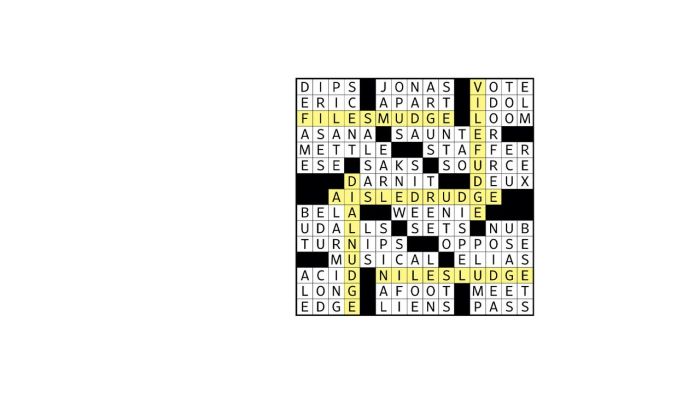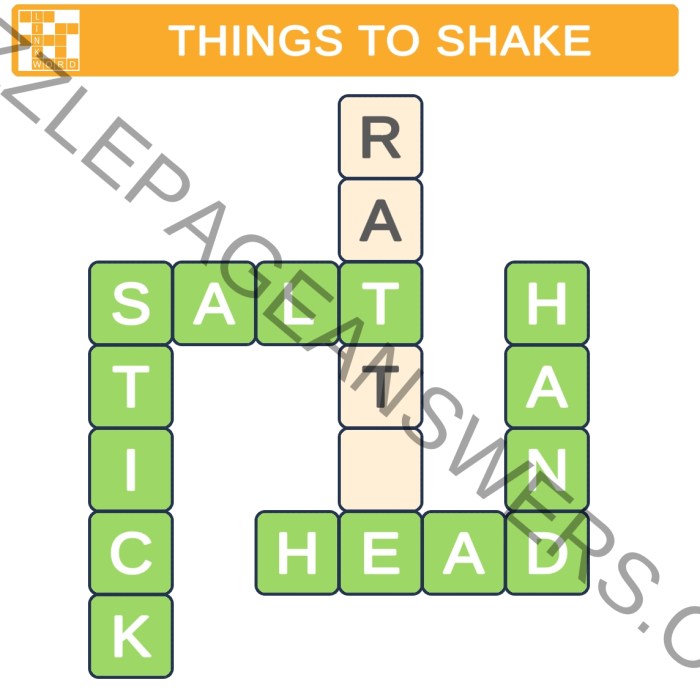Condition with intrusive thoughts crossword takes center stage as we delve into the intricate web of unwanted thoughts that can plague individuals. This exploration will shed light on the nature, impact, and management of intrusive thoughts, offering a comprehensive understanding of this prevalent mental health concern.
Intrusive thoughts are unwelcome and distressing mental intrusions that can manifest in various forms, including disturbing images, aggressive urges, or blasphemous ideas. They are often associated with specific mental health conditions, such as Obsessive-Compulsive Disorder (OCD), anxiety disorders, and post-traumatic stress disorder (PTSD), and can significantly impact an individual’s well-being.
Definition of Intrusive Thoughts

Intrusive thoughts are involuntary, distressing thoughts that enter a person’s mind without warning. They can be characterized by their:
- Unwanted and disturbing nature
- Difficulty suppressing or controlling
- Connection to specific themes, such as violence, harm, or sexuality
Examples of intrusive thoughts include:
- Fears of harming oneself or others
- Violent or aggressive imagery
- Sexual thoughts about inappropriate or unwilling partners
Conditions Associated with Intrusive Thoughts: Condition With Intrusive Thoughts Crossword
Intrusive thoughts are commonly associated with mental health conditions such as:
Obsessive-Compulsive Disorder (OCD)
OCD is characterized by persistent and unwanted thoughts (obsessions) that lead to repetitive behaviors (compulsions). Intrusive thoughts in OCD often involve themes of contamination, harm, or perfectionism.
Anxiety Disorders
Anxiety disorders, such as generalized anxiety disorder and social anxiety disorder, can also trigger intrusive thoughts. These thoughts often center around fears or worries about future events or social situations.
Post-Traumatic Stress Disorder (PTSD)
PTSD can lead to intrusive thoughts related to the traumatic event, such as flashbacks, nightmares, or intense memories. These thoughts can be distressing and can interfere with daily functioning.
Impact of Intrusive Thoughts

Intrusive thoughts can have significant psychological and emotional effects, including:
- Anxiety and distress
- Shame and guilt
- Difficulty concentrating and sleeping
- Impaired social and occupational functioning
Intrusive thoughts can also lead to avoidance behaviors, where individuals try to avoid situations or thoughts that trigger the intrusive thoughts. This can further exacerbate the impact on daily life.
Management and Treatment

Managing intrusive thoughts involves evidence-based strategies such as:
Cognitive-Behavioral Therapy (CBT)
CBT focuses on identifying and challenging negative thoughts and behaviors. In the case of intrusive thoughts, CBT helps individuals develop coping mechanisms to manage their thoughts and reduce their impact.
Exposure and Response Prevention (ERP), Condition with intrusive thoughts crossword
ERP involves gradually exposing individuals to the thoughts or situations that trigger their intrusive thoughts while teaching them to resist compulsive behaviors or avoidance. This helps individuals learn that their thoughts are not dangerous and can be managed.
Medication
Medication, such as antidepressants and anti-anxiety medications, can be used in conjunction with therapy to reduce the severity of intrusive thoughts. Medication can help regulate brain chemistry and alleviate the psychological distress associated with intrusive thoughts.
Helpful Answers
What are intrusive thoughts?
Intrusive thoughts are unwanted and distressing mental intrusions that can manifest in various forms, such as disturbing images, aggressive urges, or blasphemous ideas.
What conditions are associated with intrusive thoughts?
Intrusive thoughts are commonly associated with mental health conditions such as Obsessive-Compulsive Disorder (OCD), anxiety disorders, and post-traumatic stress disorder (PTSD).
How do intrusive thoughts impact individuals?
Intrusive thoughts can cause significant psychological and emotional distress, including anxiety, shame, and guilt. They can also interfere with daily functioning and relationships.
What are effective strategies for managing intrusive thoughts?
Evidence-based strategies for managing intrusive thoughts include cognitive-behavioral therapy (CBT) and exposure and response prevention (ERP).